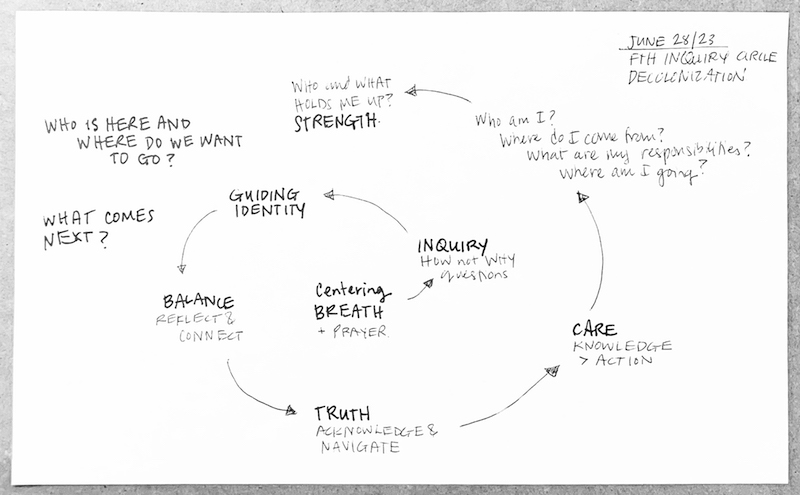
Our first zoom meeting with the From the Heart Inquiry circle was much better attended than I expected since it took place during such a busy week. There were nine of us, all logging in from the Kootenays this time, but with others who had expressed interest from further afield who will hopefully be able to join us next time.
This is the first of monthly follow-up posts that will allow us to have an archive of our process and catch others up if they want to join later. Here is a 12-minute video summary I made after the meeting, which felt like a better answer than recording it. The image above was the plan I had, that we didn’t end up completing (this is often the case for me, I’m an over-planner). We got as far in the spiral as acknowledging the truth and beginning to think about areas of focus. I am not sure if we will pick up the same spiral at the end of July, or if new priorities will come to the forefront. Below are the discussion questions that we took turns responding to, in case anyone who attended wants to revisit them, or others want to join or follow along.
~ What is your name and an aspect of your identity that feels important to share today? We intend to get to know one another more deeply over time.
~ What initial how/what/who inquiry question can you form to introduce us to your interests in decolonization? Miniipoka (Peter Weasel Moccasin) shares that an overemphasis on “why” questions is one problem with European thought.
~ What are activities you undertake to promote balance between internal/self and active/outward states in your life? We are looking to enact balance in our lives every day or week as an expression of the balance we hope to contribute to in the world.
~ Considering the necessity to include a focus on difficult truths as we build better worlds, what is an issue or colonial impact you feel you can contribute to? The truths I offered as I presented this question included a focus on genocide, which is well served by this new NWAC resource called “Teach the Genocide.”
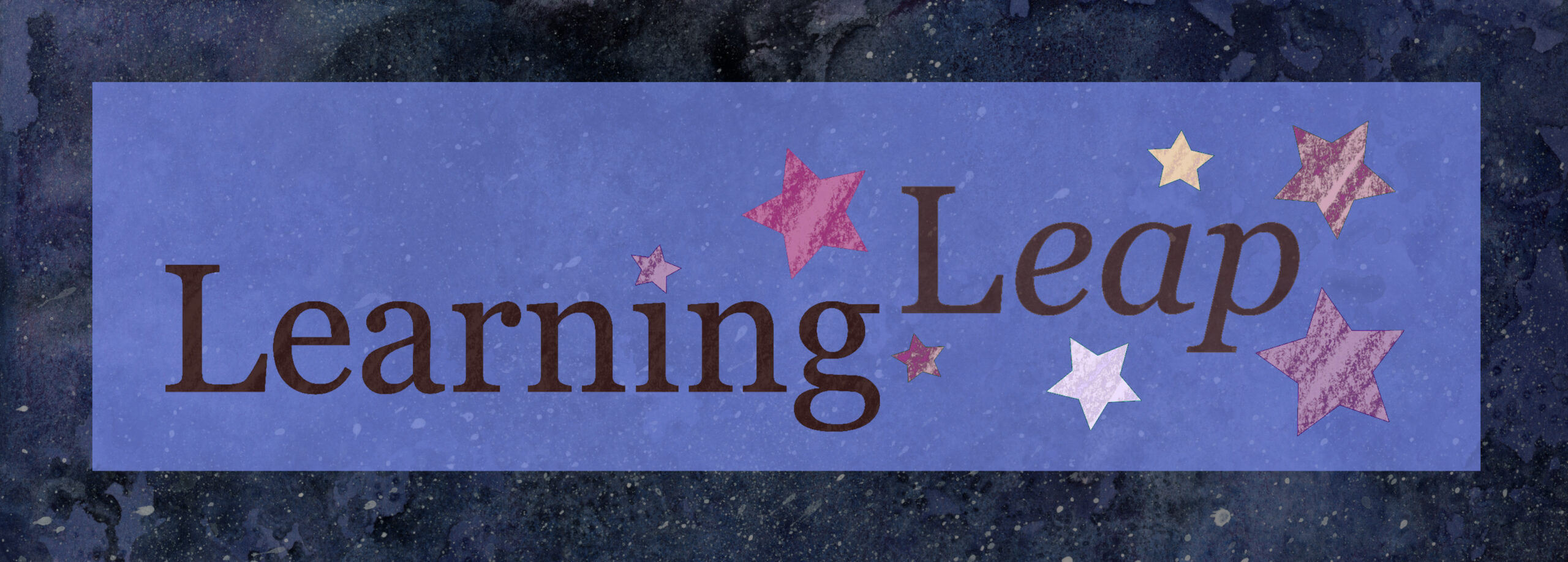
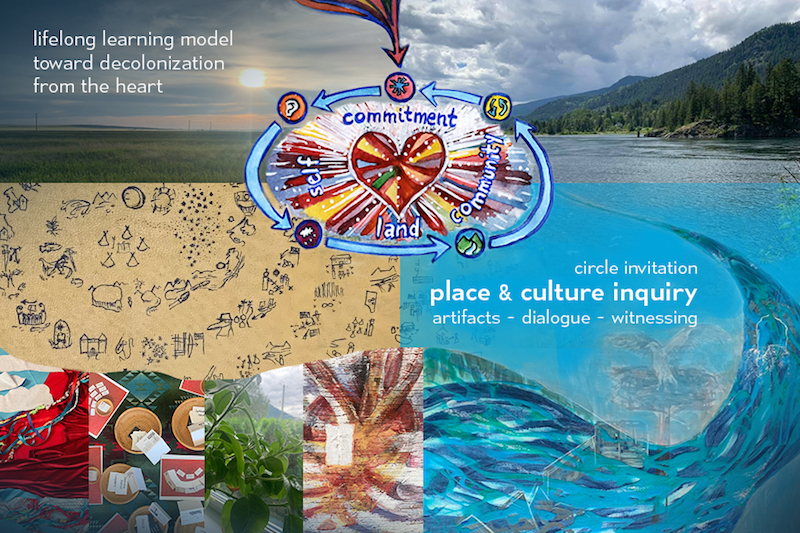
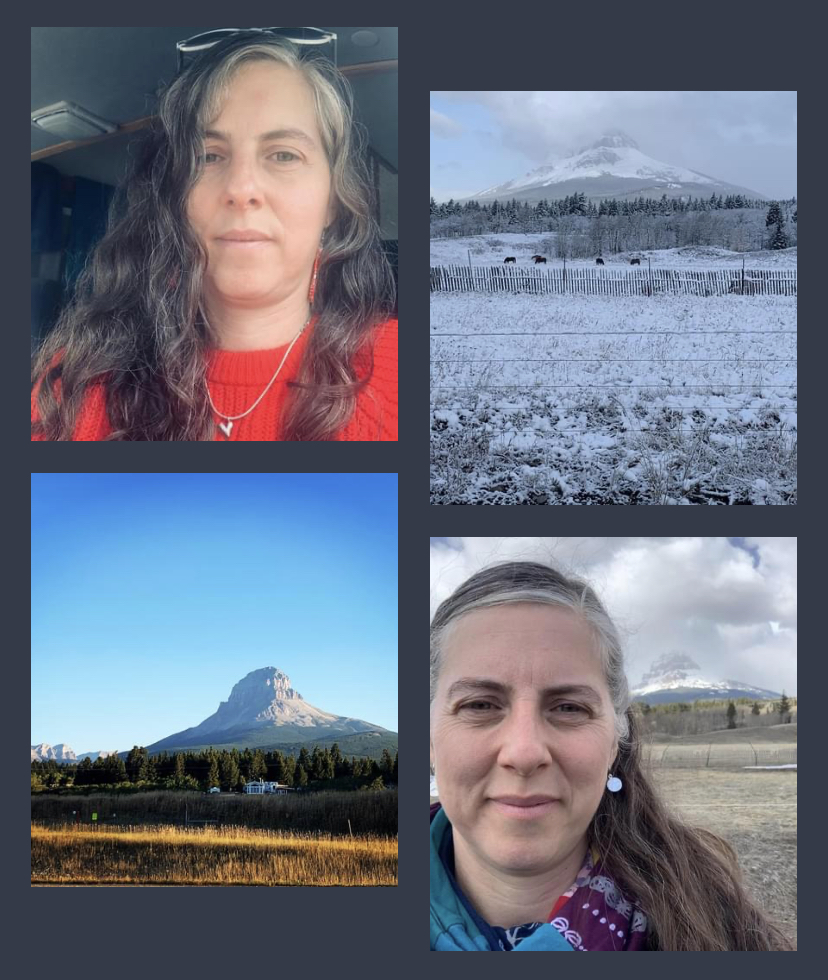
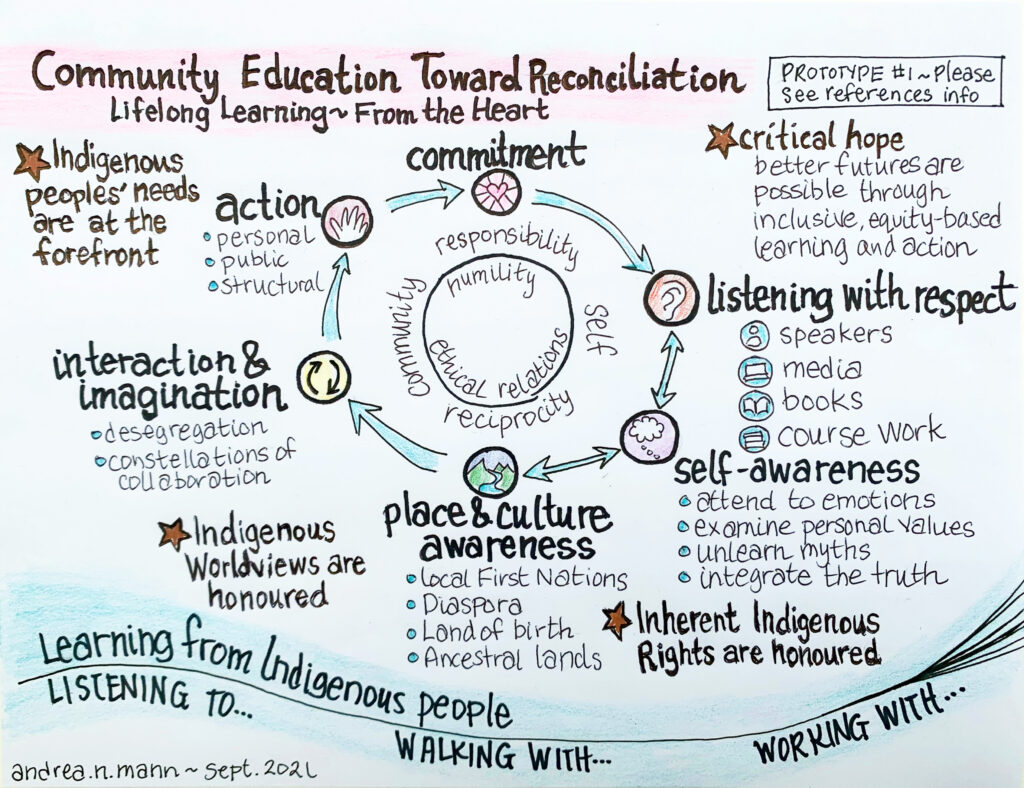
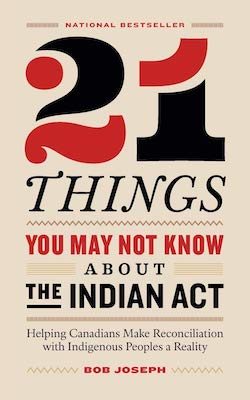
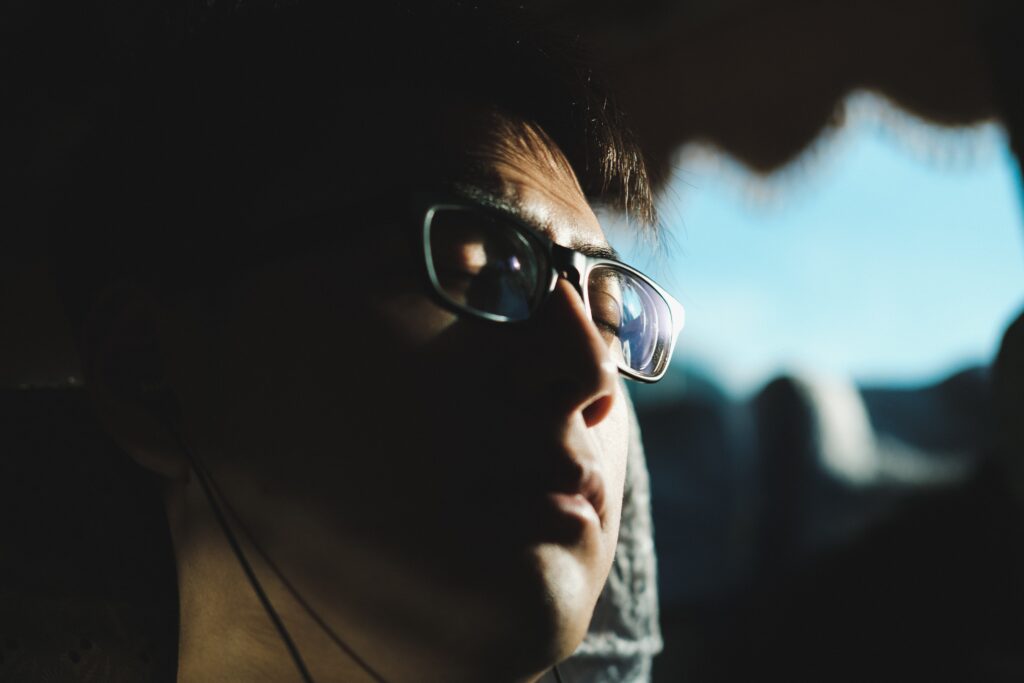
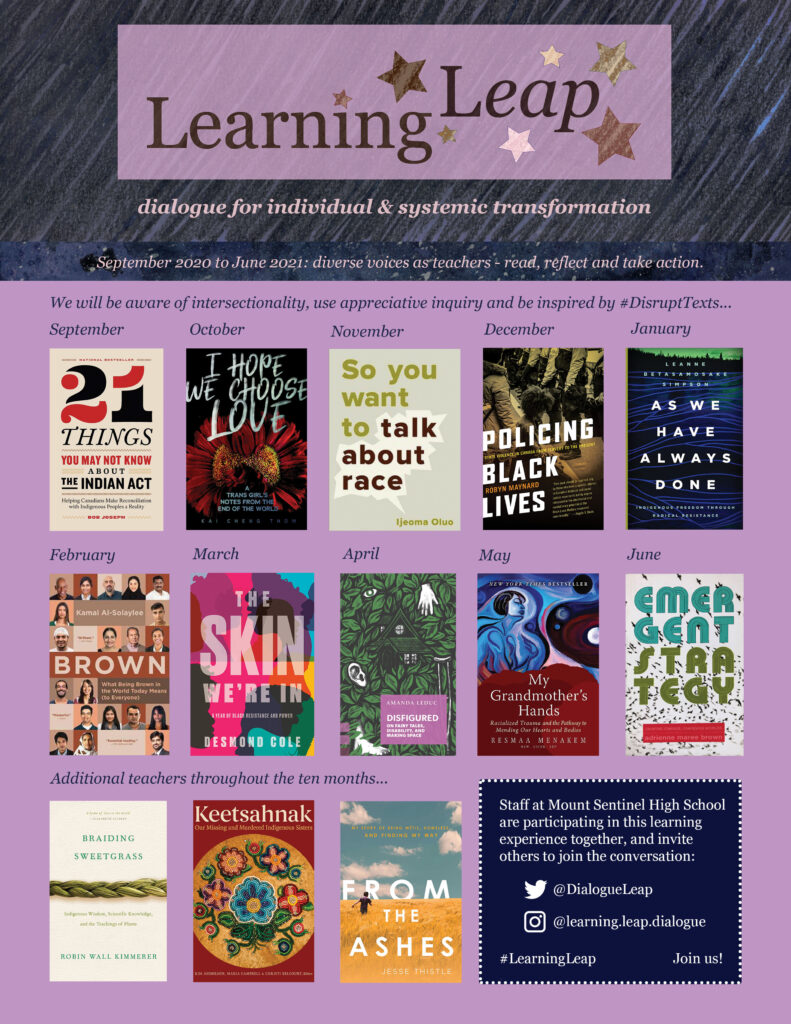
Recent Comments